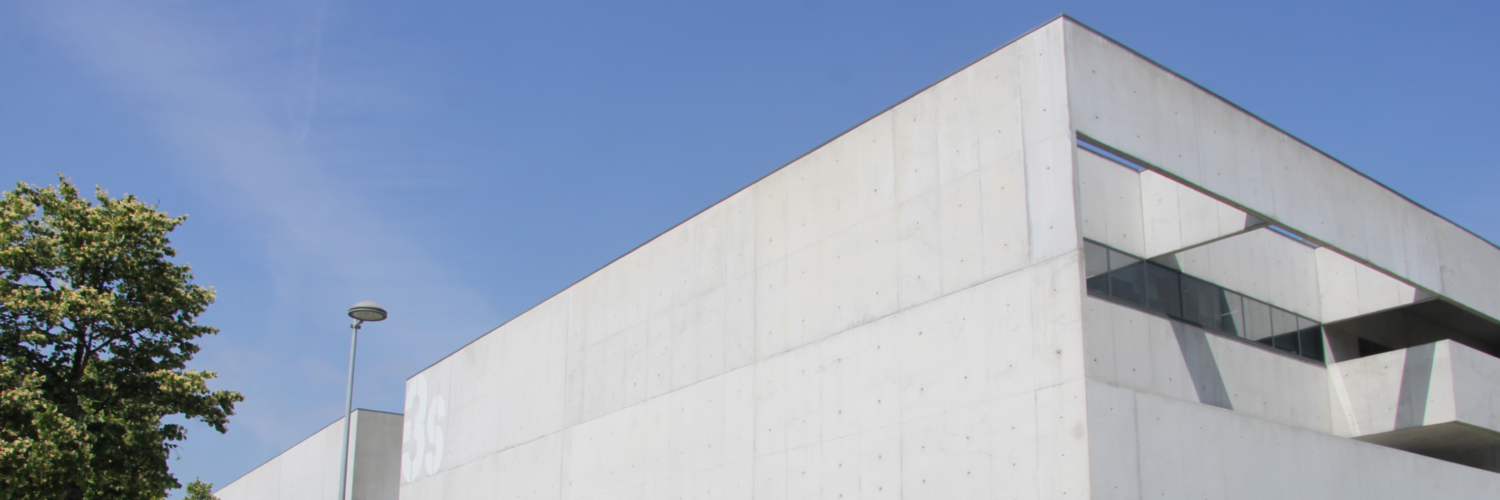| Title | Neonatal human dermal fibroblasts immobilized in RGD-alginate induce angiogenesis |
| Publication Type | Journal Article |
| 2014 |
| Authors | Guerreiro, SG, Oliveira, MJ, Barbosa, MA, Soares, R, Granja, PL |
| Journal | Cell Transplantation |
| Volume | 23 |
| Issue | 8 |
| Pagination | 945 - 957 |
| Date Published | 2014 |
| Alginate, angiogenesis, Endothelial cells (ECs), Fibroblasts (FBs), RGD peptide: Injectable biomaterials |
| Promoting angiogenesis in a damaged tissue is a major challenge for tissue regeneration. Recent findings in tissue engineering suggest that fibroblasts (FBs) play an important role in orchestrating the angiogenic process. Fibroblasts maintain the structural integrity of connective tissue by continuously secreting growth factors and extracellular matrix precursors, which are essential for endothelial cell (EC) adhesion and spreading, thus playing a crucial role in angiogenesis. We hypothesized that FBs immobilized in alginate gels grafted with the RGD peptidic sequence could influence the recruitment of ECs to improve vascularization. In this work, the modulation of immobilized human FBs within the 3D synthetic extracellular matrix was assessed. Experiments using cocultures of ECs and FBs in indirect contact as well as angiogenic assays were performed to assess the influence of FBs immobilized in RGD-alginate in ECs' viability, stabilization, sprouting, and assembly into capillary-like structures. This study demonstrates the ability of FBs immobilized within RGD-alginate microspheres to modulate and support capillary-like structures' assembly. These findings indicate that the microenvironment created by these stromal cells in the scaffold modulates capillary morphogenesis, thus stimulating angiogenesis in situ and can potentially be used in regenerative medicine in clinical scenarios where vascularization is essential. © 2014 Cognizant Comm. Corp. |
| http://www.scopus.com/inward/record.url?eid=2-s2.0-84905231059&partnerID=40&md5=8ca92aea469585cbf168cb6fbad9d3ad |


